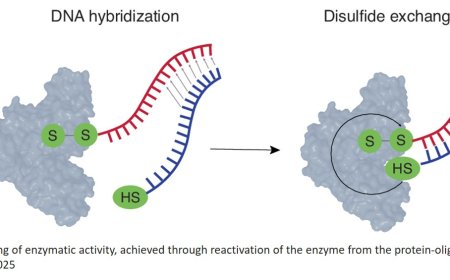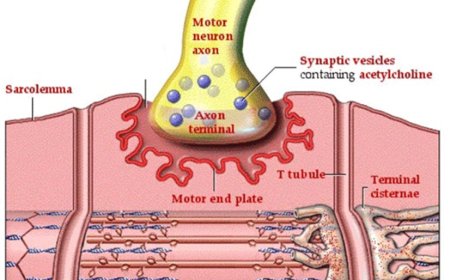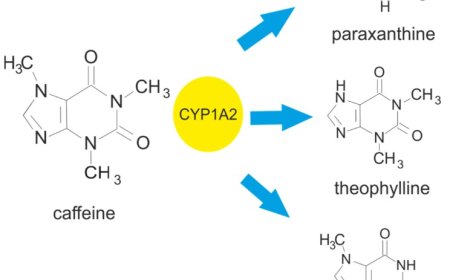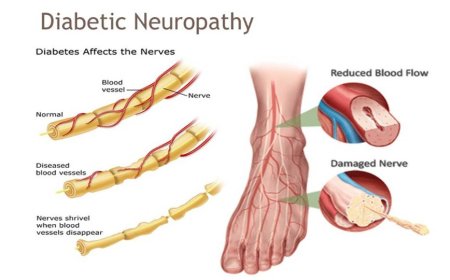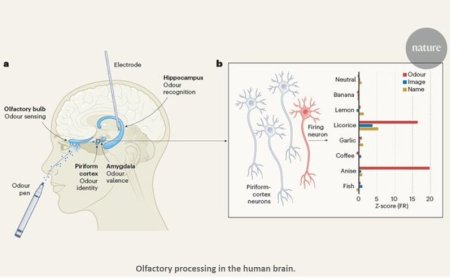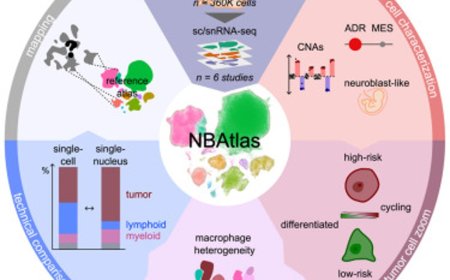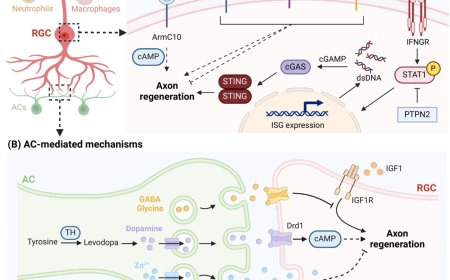What Is Chronic Migraine?

Headaches that last for 4 to 72 hours and associated with nausea or vomiting is termed migraine.
Migraines worsen with exposure to light or sound and have 2 characteristics: moderate to severe intensity, having a throbbing or pulsating quality, occurring on 1 side of the head, and worsened by or causing avoidance of physical activity.
Headaches that lasts for 15 or more days a month and at least half of them were severe termed chronic migraine.
β-blockers (metoprolol, propranolol), antiepileptics (sodium valproate, topiramate), angiotensin receptor blockers (candesartan), and calcitonin gene–related peptide (CGRP) receptor antagonists (atogepant, rimegepant) are the oral medications for chronic migraine.
Preventive medications for chronic migraine given by injection or infusion every 1 to 3 months include CGRP monoclonal antibodies (erenumab, eptinezumab, fremanezumab, galcanezumab) and injectable onabotulinum toxin A.
